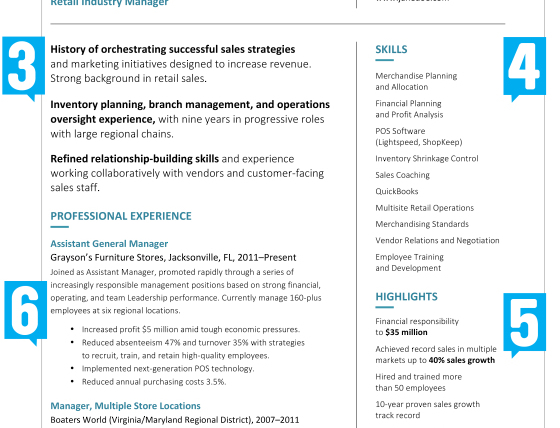
You’ve finally landed your dream internship. Maybe it’s paid, maybe it’s at a company you’ve always wanted to work for, or maybe you know that it’s going to help you break into the field you’ve always aspired to be a part of. Whatever the exact circumstances, it’s the internship that you’ve been chasing your entire college career. But there’s just one catch: You need (or want) to take a week off.
If you and your family go on the same vacation every year, or if your parents have planned a surprise week-long trip for you this summer, or even if you’ve been saving up to go away with your friends, you now have a big decision to make. Can you take time off of your internship for a vacation?
Every company is different, and every internship is different. Overall, it depends on the specific circumstances of your internship and the requirements of the program. A lot of employers or supervisors are really accommodating, and because you’re not a full-time employee, you often have a lot more flexibility. But depending on the field, company and employer, you might not be able to take any time off at all.
There is no one-size-fits-all solution, but there are a few major things you need to consider before taking time off.
How long is the internship?
Internship durations always vary—some are as short as a month or two and some can be as long as nine months—and the length can be a big factor in determining whether or not you can take time off. If your internship is over the summer and only lasts two months, taking a week off for vacation means missing out on a significant chunk of the experience. But if your internship lasts an entire semester or longer, it might be easier to take time off.
That’s not to say that you should never take time off of a summer internship. It just depends on you, your supervisor and how much of the experience you’re willing to miss.
Sometimes, life experiences are more important than internship experiences. Imagine that your grandparents live in Italy and she wants to take you on a week vacation to go visit them. Would you give up that once-in-a-lifetime opportunity in exchange for a few days of work? Probably not. Taking a few days off to go abroad to a beautiful country and visit your family seems like more than a fair trade-off. But if you’re planning on spending three days with 25 of your closest friends partying at their beach house, you might want to take a second to reconsider if that’s really worth it.
How demanding is the internship?
How much is required of you on a day-to-day basis? How much do you help out the company you’re interning for? It’s always better to be treated as an essential part of the company rather than just being used to fetch coffees. But if you’re being relied on like a full-time member of the team, it might not be as easy (or acceptable) to take time off. Depending on how much responsibility you’re given, making sure that your vacation doesn’t get in the way of completing your work is important.
Xandie Kuenning, Northeastern University ‘19, was able to take a vacation when another intern helped her out with her work. “During my last internship, I took some time off when my family came and visited me. My internship was abroad so my boss expected some traveling to be involved. I just made sure the other intern who was there could cover me while I was gone. I think it all depends on how strict your workplace is and if you have holidays or long weekends that give you a chance to travel.”
If you have enough time before and after your vacation to make up the work, or have someone who can cover the work for you, then it might be okay to take a vacation. Just keep in mind that the sooner you ask your supervisor, the better.
How flexible is the company?
It’s likely that whichever company you’re interning for will let you have time off. Many places are flexible with their interns, and they understand that you have other commitments and responsibilities outside of the internship.
Sarah Lynch, Marist College ‘21, was able to take time off whenever she needed to. “I’ve had the good fortunate to intern the past two summers at a PR firm in New Jersey (M studio Design & Marketing) which works with my schedule and has been extremely accommodating,” she says. “Not only did I take time off at the end of summer for a vacation to Ireland, but I also kept my job as a camp counselor in the morning. It was really special to work somewhere where my other commitments were taken into account.”
Of course, not all companies are willing to let their interns make their own schedules, and some are extremely demanding with the time commitment they require. But you’ll never know until you ask.
How much time do you need to take off?
One of the most important things to consider is how much time you actually need to take off. It’s a lot easier to make one to two days work than an entire week. Plus, if you plan your vacation around a weekend, you’ll only have to take Monday or Friday (or both) off and you can still get a four day vacation.
But if you do have to take a week off (because let’s be real, vacations are usually longer than two days) it’s not the end of the world. Like we mentioned before, interns are often not held to as strict of requirements as full-time employees. Yes, you may be given a lot of responsibility (and the more responsibility, the more you’ll learn), but you should still be allowed some flexibility.
The circumstances of every internship is different, but if you talk to your supervisor or internship coordinator ahead of time, you’re more likely to get the time off that you’re hoping for. Be open and honest when accepting the position. If it’s a family vacation that you absolutely do not want to miss, don’t accept the internship if they aren’t willing to work with your already-set plans. Another internship will come along that’s a better fit.
Try to talk to your internship supervisor sooner rather than later about what is going to be required of you, and if taking time off is an option. If you let them know ahead of time, they’re more likely to allow it, and, more importantly, you won’t be leaving them in a bind. More often than not, the answer will be yes.





